From Reflected by Vijay Balakrishnan, a portfolio in issue no. 185 of the Review.
“Restaurants will break your heart” is something that I often hear myself saying. It has become a mantra. When did I start saying it, I wonder. Maybe it was when I first discovered the criss-crossed lines of affection; falling in a crash-out kind of love with a fellow line cook because he helped me with my mise en place. Maybe it was when my sous-chef first called me mediocre; we all watched slices of chocolate cake I cut pile up in the garbage because of my disappointing quenelles. Maybe it was the first time that I had to fire a kitchen assistant over the phone, hearing him quietly murmur in response, “Okay.” Maybe (definitely) it was the time I got fired—the bad news sandwiched between my manager saying I was “amazing” and also “so great.” Maybe it was the first time I watched a plate of food I made go out and I understood, profoundly, that I would never know who might eat it.
In his new memoir, I Regret Almost Everything, Keith McNally’s tells us that his heart has been broken many times over—but it seems that restaurants are, in fact, what have saved him. As a diner, his restaurants have certainly given me much life force and heart-mend; they are perhaps the most accessibly glamorous in New York City, where I grew up. Over the course of his career, McNally, who is now seventy-three, has opened Augustine, Balthazar, Café Luxembourg, Cherche Midi, Lucky Strike, Nell’s, Minetta Tavern, Morandi, Pastis, Pravda, and Schiller’s, as well as Balthazar in London and the new Minetta Tavern, in Washington, D.C.
This memoir spans the course of McNally’s life. It loops and shifts between timelines, but in a way that is forgivable and even charming: it reads like McNally remembers as he writes and then—urgently—wants not to forget. A funny tension for someone who claims to regret almost everything. He weaves together memories from the working-class London of his childhood to his young man’s adventures abroad and the sets (strip clubs and playhouses alike) where he realized that film and theater were what moved him most. But more often than not, we’re in New York City in the eighties, witnessing, up close, the building of his empire, the explosions of his love affairs, and time’s passage and pains to the present. McNally turns on the overheads: We get intimate, poignant, sometimes brutal moments from his marriages (two, both now finished) and earnest, messy fatherhood. Lights intensify on a stroke, a suicide attempt, a stint at McLean, and an arrival at new kind of life.

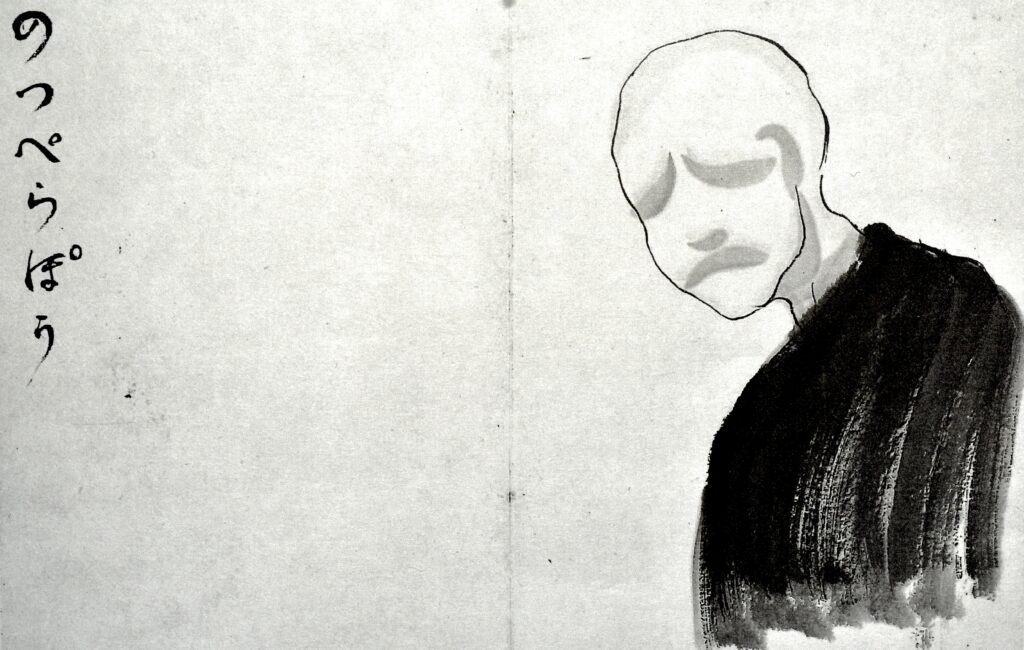

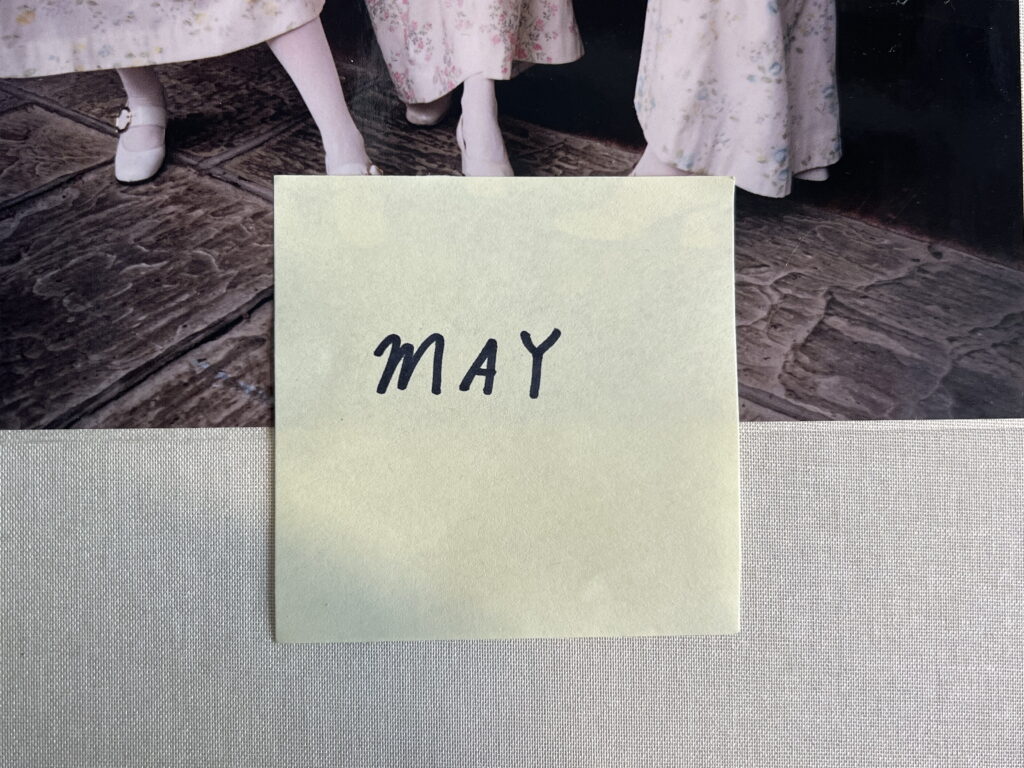
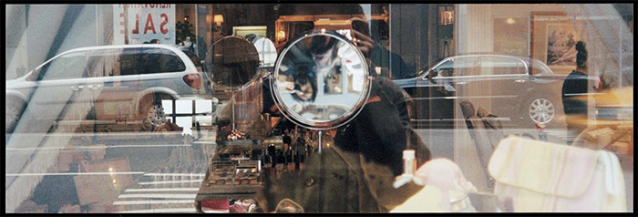
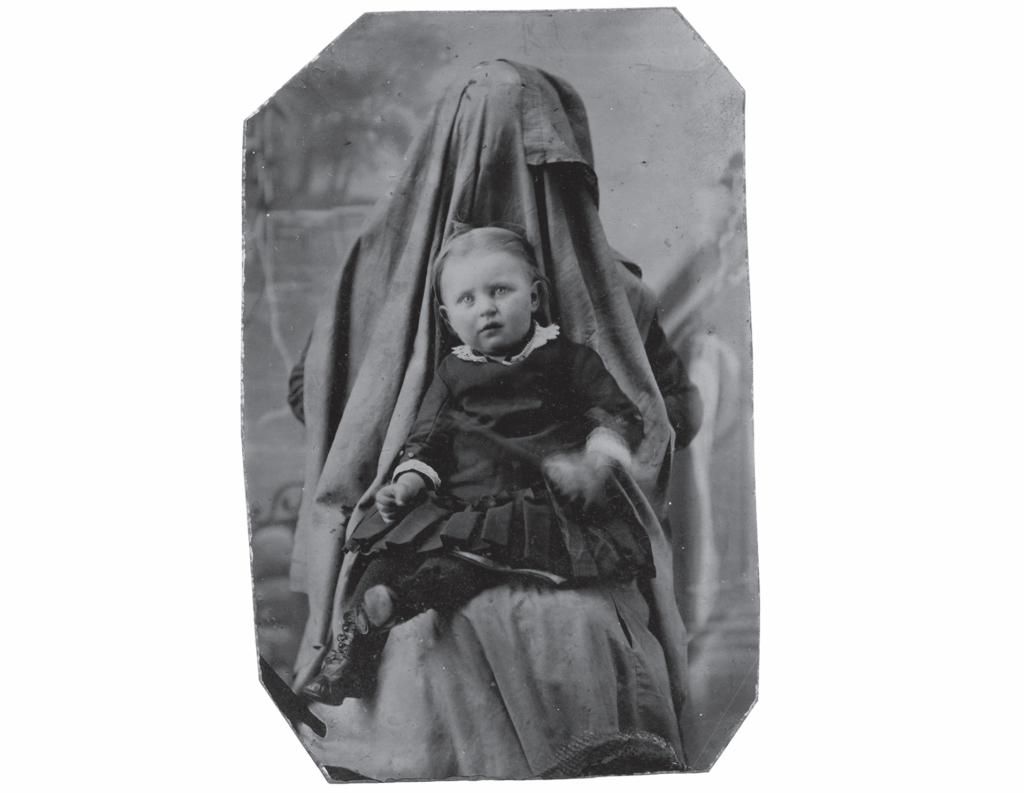

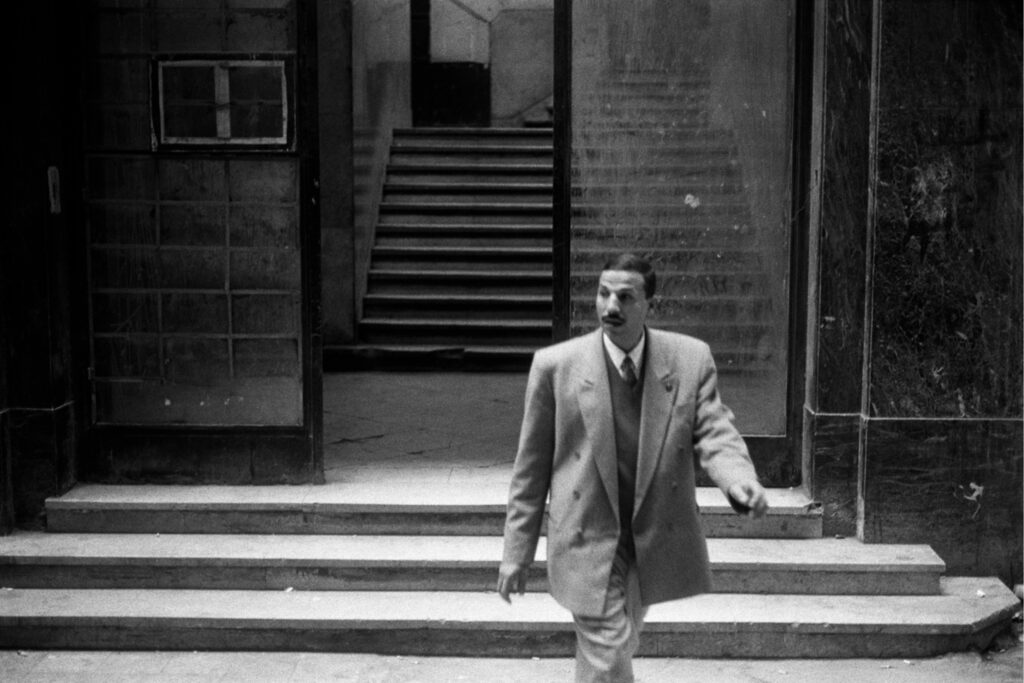









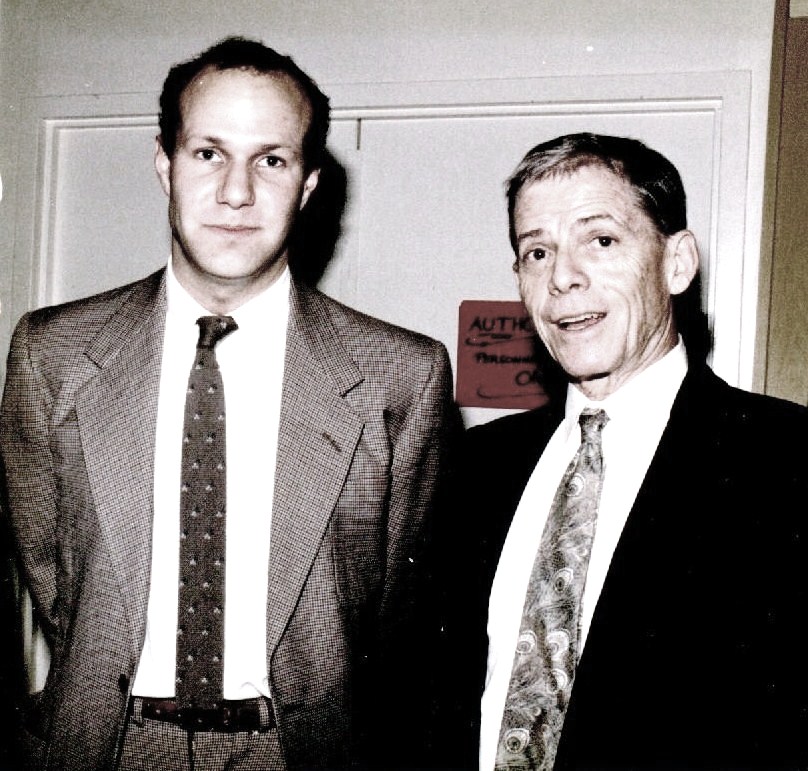

Which queer books did you read in April? Do you recommend them? Let’s chat in the comments!